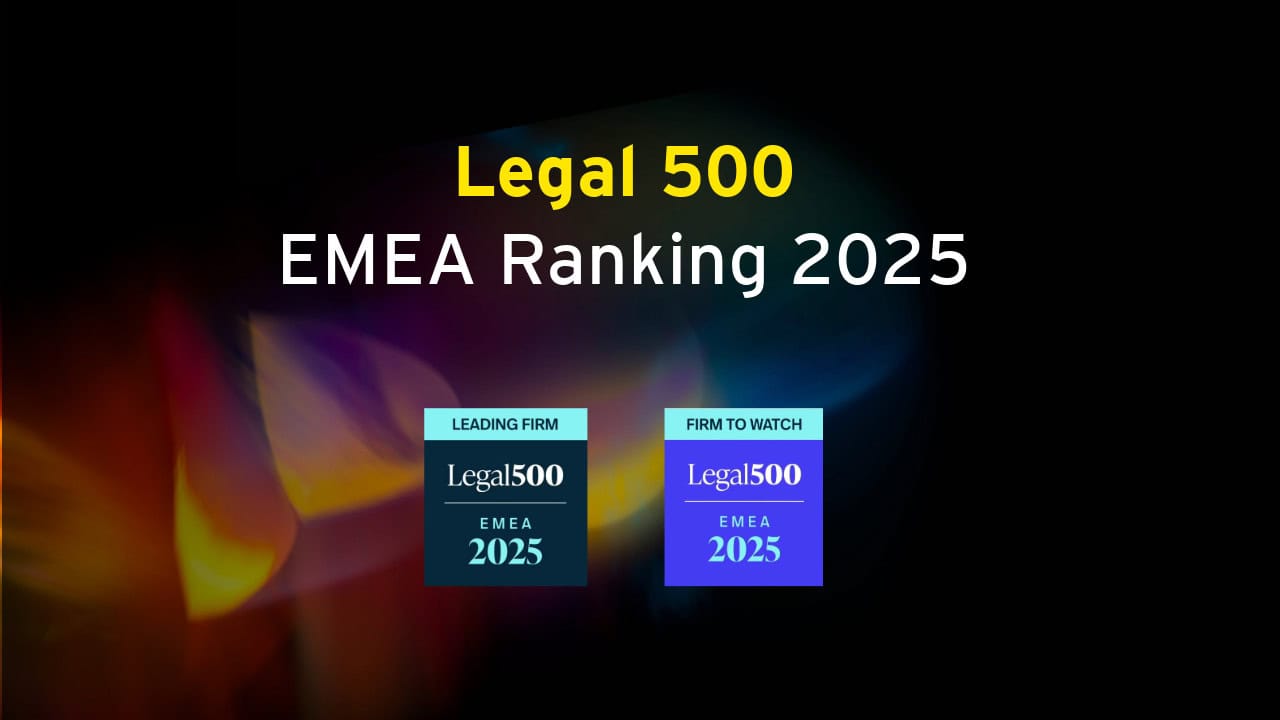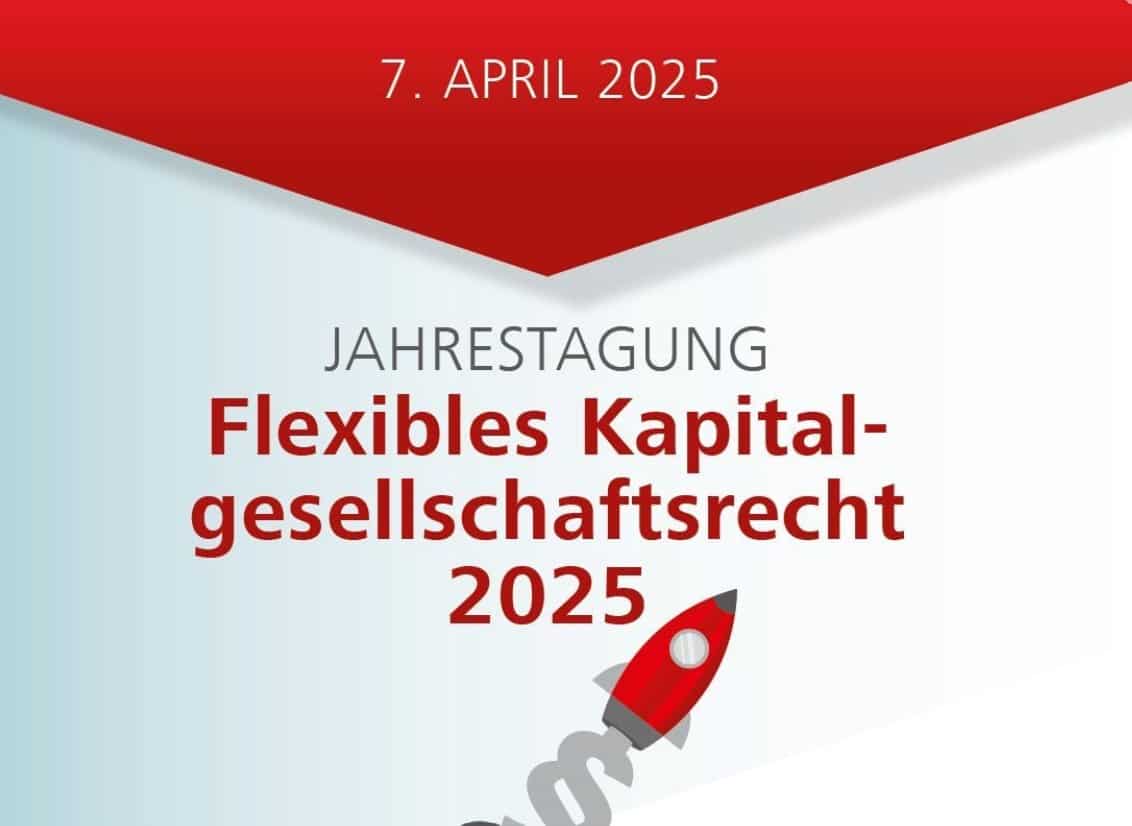Opportunities and Challenges for the crypto market far beyond the US
The Securities and Exchange Commission (“SEC“) charged a US staking provider with failing to register the offer and sale of their crypto asset staking services. To settle the SEC’s charges the staking provider had to cease its staking services for US customers and pay USD 30 million in disgorgement, prejudgment interest, and civil penalties (without admitting or denying the allegations in the SEC’s complaint.
This shows that the SEC continues to follow a strict approach towards crypto asset service providers (“CASPs“).
Potential implications for the EU Market
The SEC’s position could not only heavily impact the US market and crypto exchanges offering services to US customers, but also other markets, such as the EU market, as supervisory authorities typically observe each other’s supervisory practice to avoid regulatory arbitrage. Hence, EU supervisory authorities could adopt a strict(er) approach on staking in the (near) future.
Call for Action. CASPs offering staking services or similar products need to re-analyze their current service offering to identify an eventual need for amendment/s.
Competitive advantage. In light of MiCAR and the current market environment, ensuring compliance with applicable laws can be a (huge) competitive advantage.
SEC: What happened?
The SEC accused a staking provider of unregistered – and thus prohibited – securities trading. According to the SEC’s complaint the staking provider violated US securities law as the provider offered and sold its crypto asset staking services to the public, whereby the staking provider pooled certain crypto assets transferred by investors and staked them on behalf of the investors.
To settle the SEC’s charges, the staking provider agreed to immediately cease its crypto asset staking services or staking programs and pay USD 30 million in disgorgement, prejudgment interest, and civil penalties.
The SEC’s (strict) position
In the context of the above settlement SEC Chair Gary Gensler made it clear that the SEC’s strict position towards CASPs remains and that the SEC will take corresponding action. He announced that the recent settlement “should make clear to the marketplace that staking-as-a-service providers must register and provide full, fair, and truthful disclosure and investor protection“.
According to different sources, the SEC is currently already preparing a complaint against a stable coin issuer and a crypto exchange listing this stable coin. Provided that these speculations become true, this re-emphasizes the importance for legally sound compliance setup (e.g. profound Token Listing Procedures etc).
What are potential implications for CASPs?
We see that supervisory authorities, especially the SEC, follow a strict approach towards CASPs. According to the SEC’s complaint the staking provider has offered their services since 2019, whereas an agreement / complaint has just now (2023!) been reached. Thus, CASPs should have a look at their whole portfolio of services to ensure compliance (also considering “established products”).
Further, especially in the US the offering of staking services will be particularly difficult and must be analyzed on a case-by-case basis. If you offer services in the US or plan to do so you should align with US counsel.
Does this settlement affect European CASPs?
Yes! This could potentially have severe legal consequences for the entire crypto ecosystem based on the dramatically increasing significance of staking.
Although (and this is important to emphasize) there is no unified playing field in the context of securities laws between the US and EU member states, the legal implications of the settlement are expected to have severe consequences across the Atlantic.
We have experienced in the past that national competent authorities watch the practices of the SEC and other supervisory authorities carefully with a view to avoiding regulatory arbitrage. We expect in particular a closer supervision with regard to disclosure requirements and marketing materials for regulated service providers with regard to staking services.
Call for Action for European CASPs
CASPs operating in the US and/or in Europe offering staking services should therefore
- re-evaluate their current service offerings;
- prepare corresponding documentation to prove that the CASP has sufficiently evaluated all services offered and has updated this analysis from time to time;
- re-evaluate the current compliance setting (e.g. Token Listing Procedures, AML Policies);
- analyze and assess potential legal risks in light of new circumstances;
- fulfill their obligations associated with their offerings even more carefully and
- look for additional safeguards (potentially also aligning with the competent supervisory authorities).
As soon as the competent supervisory authority (e.g. the Austrian FMA or the SEC) contacts the CASP, it should be communicated openly and transparently – e.g. in the form of a statement – after consultation with an attorney and be ensured that all relevant documents are close at hand.
Compliance as competitive advantage!
These recent events show, once more, that compliance with all applicable laws could be a competitive advantage. Thus, now might be the time to re-evaluate your current settings.
How can we support you?
As a market-leading Digital-Law-Firm with a team of experts in the blockchain/crypto field, we can guide you through these new challenges and provide you with comprehensive legal analyses.
Your Contact
We will be happy to discuss your projects with you.

Head of New Tech, Attorney at Law

Attorney at Law
- All current legal news from EY Law
- Our legal services: Digital Law
- Our legal services: Tokenization & FinTechs




